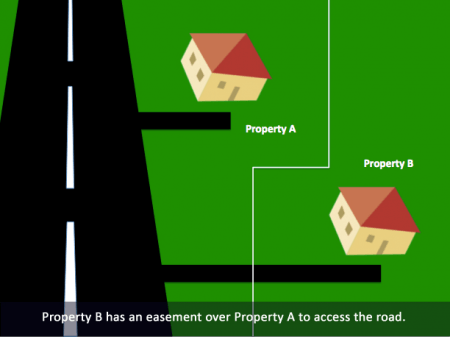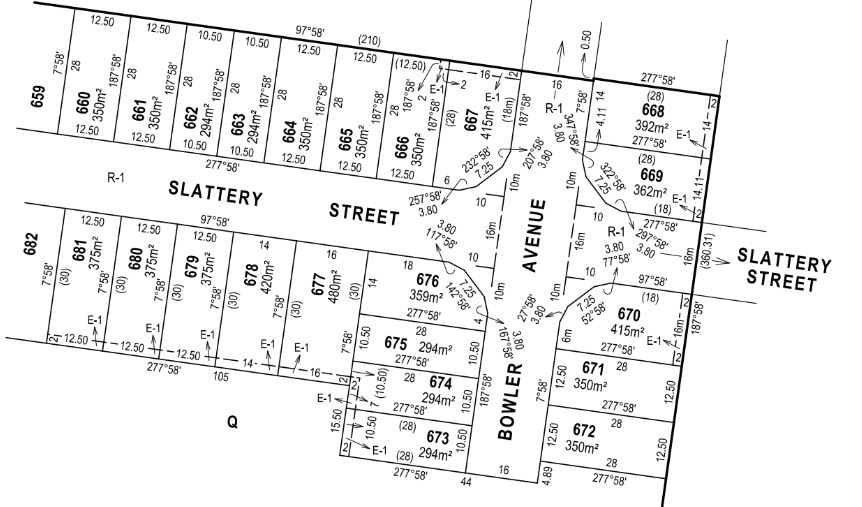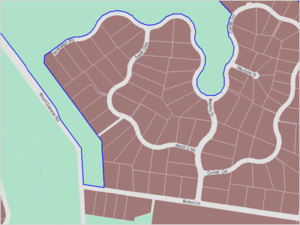
Understanding Easements: Property Law Guide
When it comes to buying, selling, or owning property, understanding easements is crucial. These legal rights can significantly affect how a property is used or developed. In this guide, we’ll explain what easements are, provide examples, and discuss how to find and manage them. Whether you’re a property owner, buyer, or working in real estate, knowing about easements is essential for navigating property rights effectively.
What is an Easement?
An easement is a legal right that allows someone to use a portion of another person’s land for a specific purpose. Easements are commonly used for utilities, access rights, or shared driveways, but they can cover a variety of uses.
Examples of Easements
Right of Way: Allowing one party to pass through another’s property.
Utility Easements: Allowing utility companies to install and maintain lines or pipes on a property.
Conservation Easements: Restricting the type of development to preserve environmental features.
How Easements Can Burden the Land
Easements can limit the owner’s ability to fully control their land. For instance, a utility easement might restrict where a property owner can build if it may interfere with underground cables or pipes.
Conducting an Easement Search
To find out if there are any easements on your property or a property you are considering purchasing, you can conduct an easement search. This typically involves checking with local land records or the land titles office. Some jurisdictions may allow for online searches by easement number or property description.
FAQs About Easements
What is the meaning of an easement in property law?
In property law, an easement is a non-possessory right to use and/or enter onto the real property of another without possessing it.
Can you provide an example of an easement?
A common example is a driveway easement, which allows a neighbor to drive through another’s property to access their home.
What does easement land refer to?
Easement land refers to the specific portion of property that is subject to the rights granted by the easement.
How do I find an easement on a property?
You can find details about easements on a property through a title search or by requesting information from the local land registry office.
What is an easement number search?
An easement number search involves searching land records for a specific easement identifier to obtain details about its terms and affected parcels.
How can an easement burden the land?
An easement can burden the land by limiting the owner’s freedom to use their property as they see fit, possibly affecting property value.
Are easements permanent?
Many easements are permanent and “run with the land,” binding subsequent property owners. However, terms can vary, and some may be temporary.
Can an easement be removed or altered?
Yes, with the agreement of all parties involved, or if conditions of the easement are no longer relevant, a legal action can potentially remove or alter it.
What rights do easement holders have?
Easement holders have the right to use the land as specified in the easement agreement, but they do not own the land.
How do easements affect property sales?
Easements can affect property sales by requiring disclosure to potential buyers, who may view them as a limitation or enhancement, depending on their needs.
This is general advice only, for specific advice speak with your legal representative.





